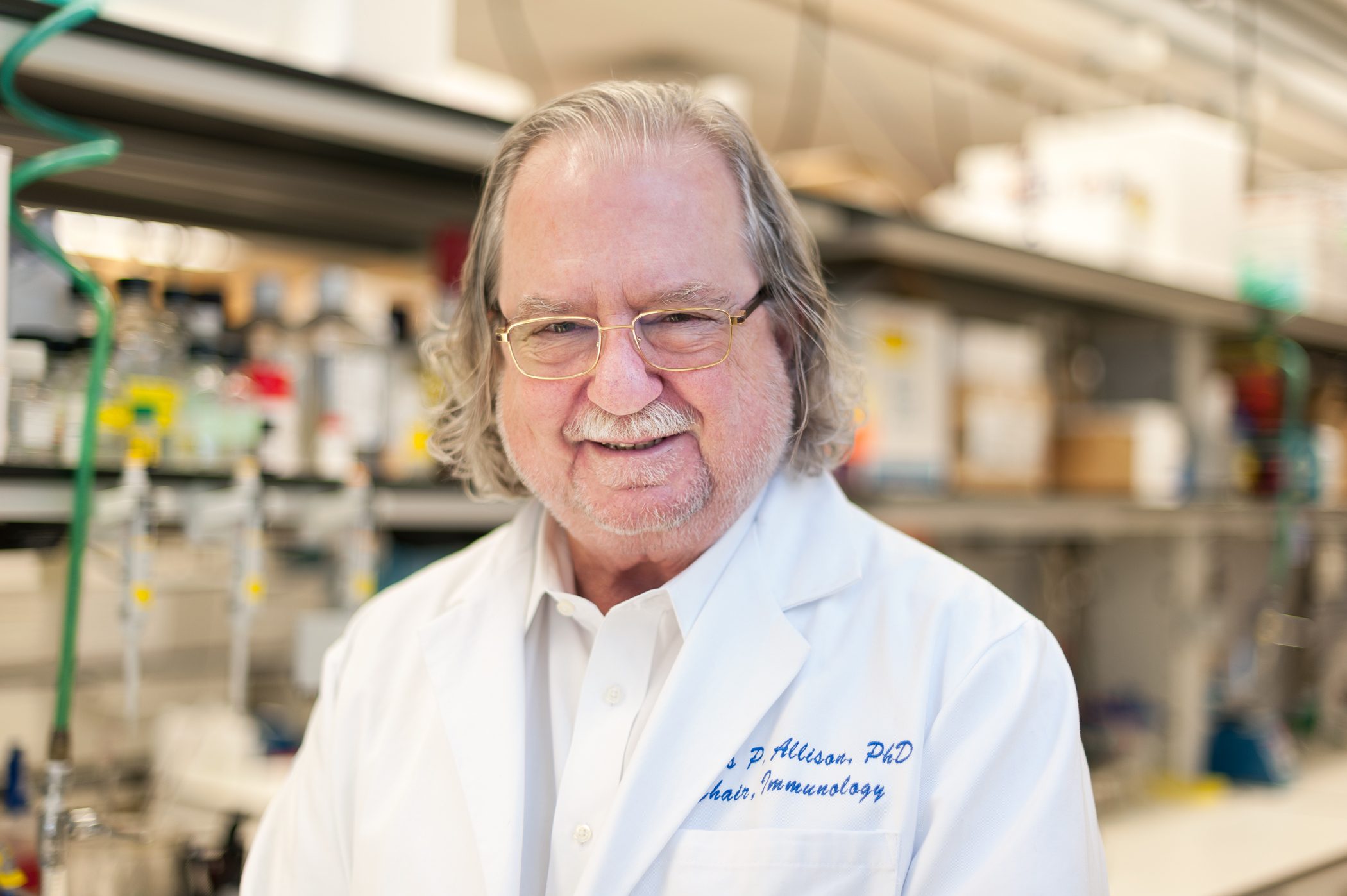University of Texas Professor James P. Allison has won the 2018 Nobel Prize in Medicine for discovering cancer therapy by inhibition of negative immune regulation.
Allison is the chair of Immunology and executive director of the Immunotherapy at the university’s MD Anderson Cancer Center. He won the award jointly with Tasuku Honjo, who is a professor at Kyoto University.
“I was doing basic science to do basic science, but you know, I had the good opportunity to see it develop into something that actually does people good,” Allison said. “That’s gratifying.”
Professors developed Ipilimuman, an antibody to a molecule in T-cells known as CTLA-4. It has become the first immune checkpoint blockade therapy approved by the U.S. Food and Drug Administration. The therapy has treated many cancer patients since its introduction in 2011.
“Jim’s research on new ways to fight cancer has saved countless lives and turned once untreatable diagnoses into ones that are now treatable and beatable. He’s provided hope to many patients and their families. His work has been heroic and he richly deserves the Nobel Prize,” President Gregory L. Fenves said.
Currently, Allison is working on conducting clinical trials combining the anti-cancer drug with a second one that helps T-cells go after cancer.



